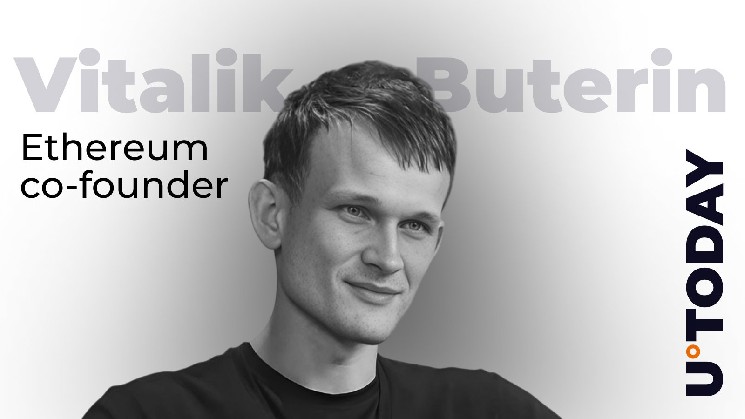As noted by Ethereum’s Vitalik Buterin, Visa founder Dee Hock had some ideas that are similar to the main principles of crypto and decentralized autonomous organizations (DAOs).
“Certainly some good insights to learn from there,” Buterin commented.
Hock’s original vision
The original concept of Visa was supposed to be based on equitable ownership, power distribution, diversity, and distributed governance.
It was originally supposed to be a non-stock membership organization with no stock price. However, following its initial public offering (IPO) in 2007, Visa became a for-profit public company and, subsequently, witnessed significant governance changes.
Such an approach actually mirrors the philosophies behind DAOs, which make it possible to govern without any central authority.
Visa has deviated from its beginning, turning into a major centralized institution that has immense control over payment processing. As noted by Buterin, some cryptocurrency proponents now tend to perceive Visa as “extractive” and “oppressive.”
For instance, Visa constantly gets criticised for its high transaction fees or for having the ability to block transactions. However, higher fees were necessary in order to please shareholders.
Visa was also able to increase fees due to enjoying complete market dominance alongside rival Mastercard.
Visa’s crypto play
Cryptocurrencies have long been touted as a possible replacement for Visa. However, the payments giant has moved to embrace them instead of fighting the burgeoning sector.
In 2021, Visa famously started piloting Circle’s USDC stablecoin for settlements powered by Ethereum, gradually expanding its pilots to Solana.
Visa has also launched stablecoin-linked cars while also integrating Web3 infrastructure that enables seamless crypto-to-fiat withdrawals.

